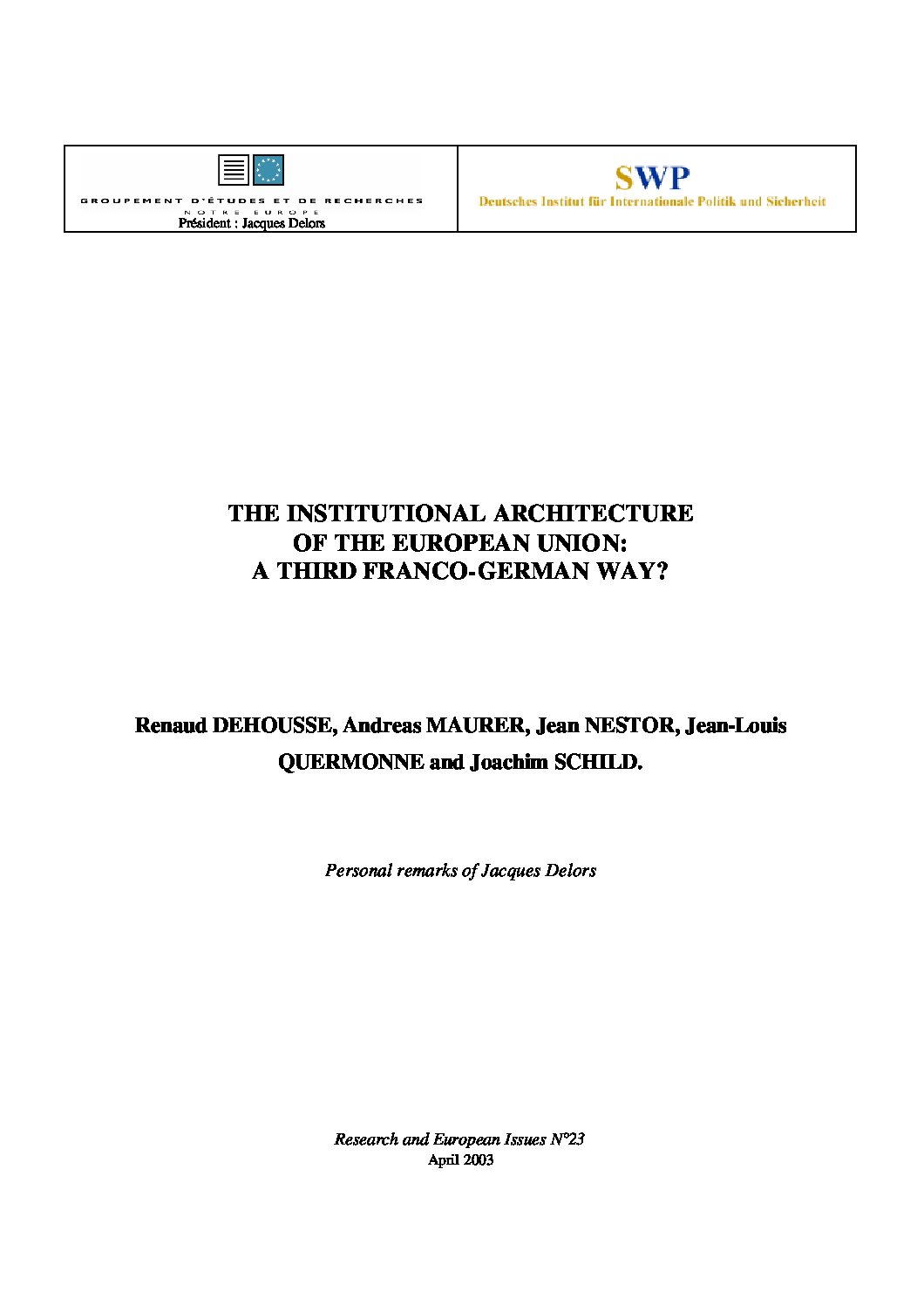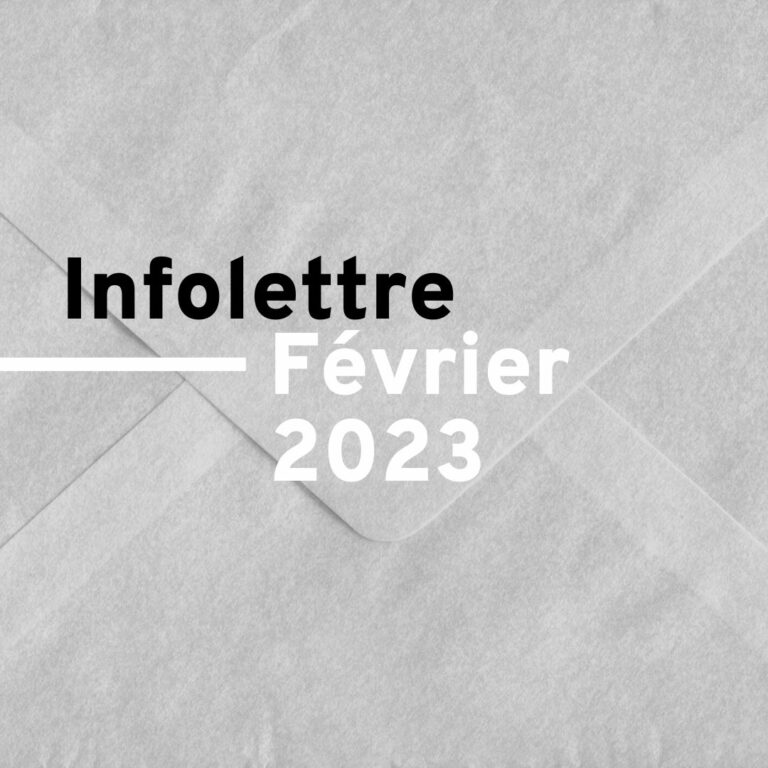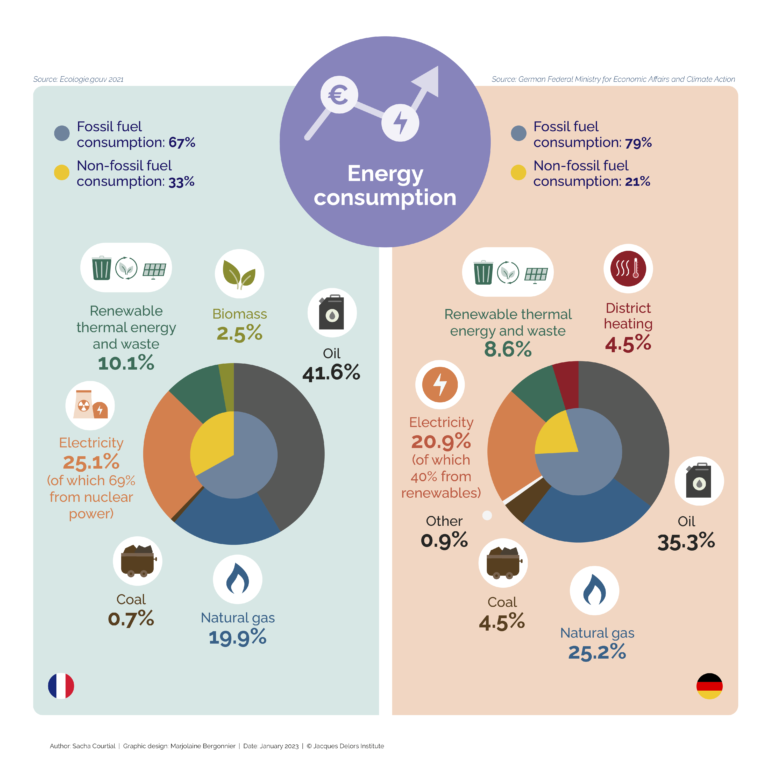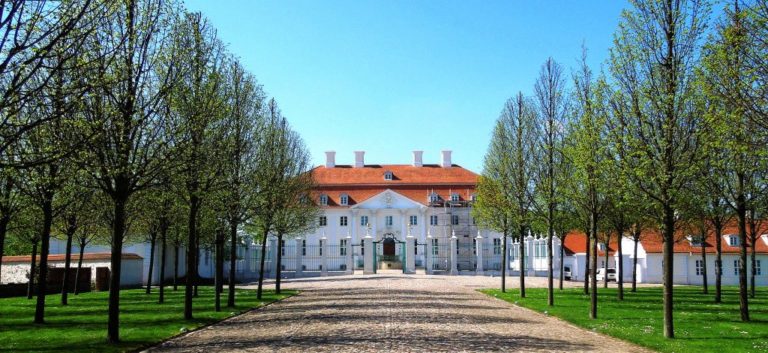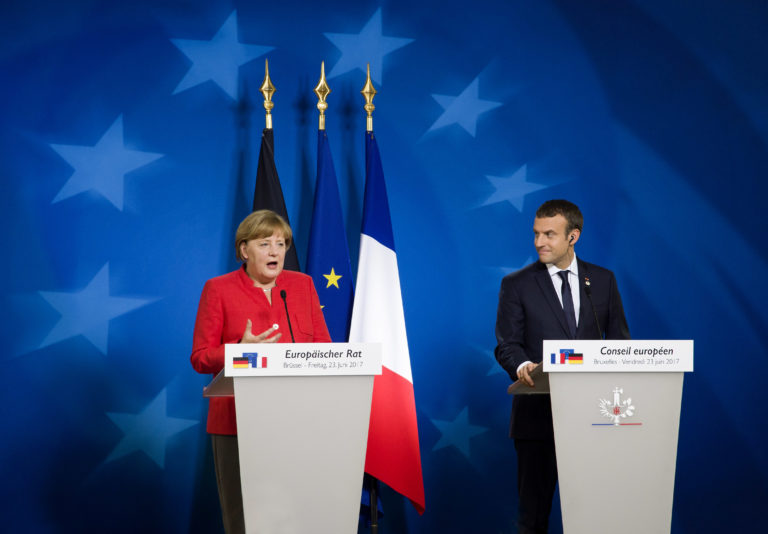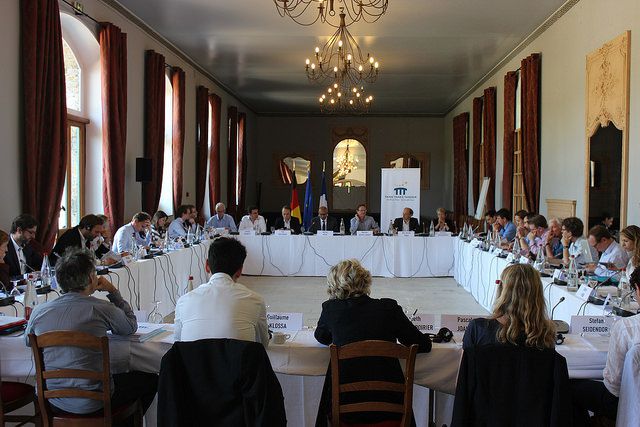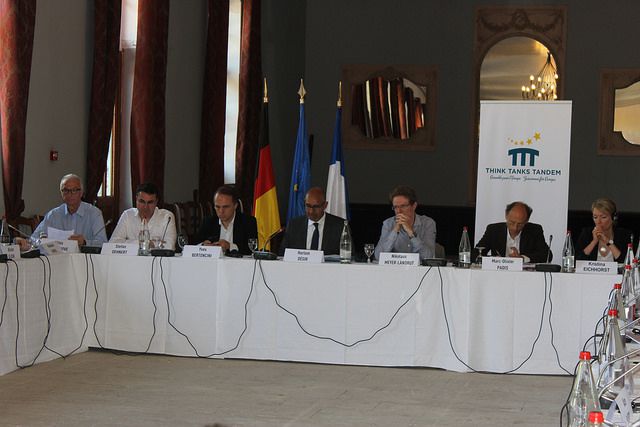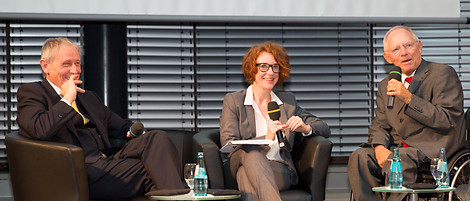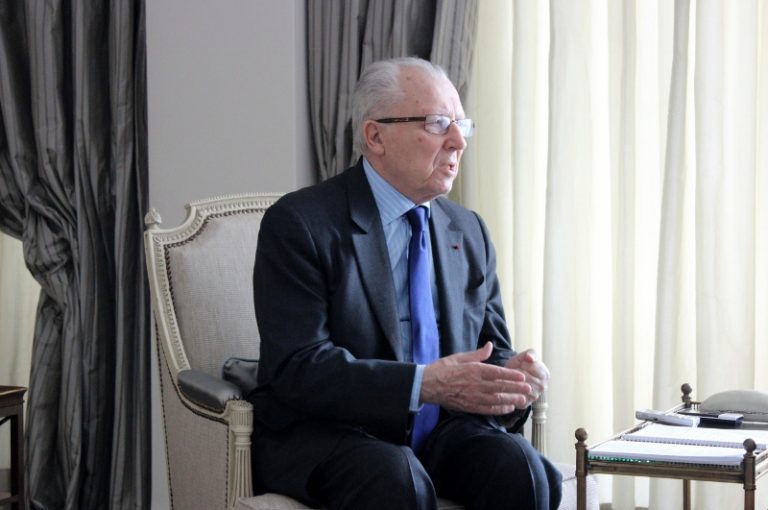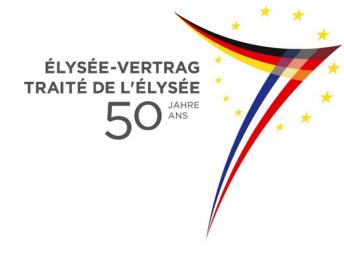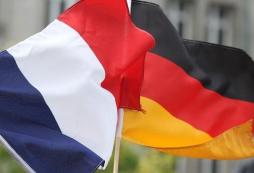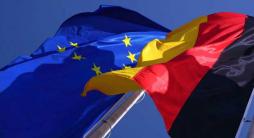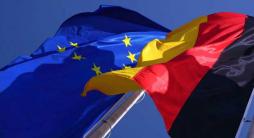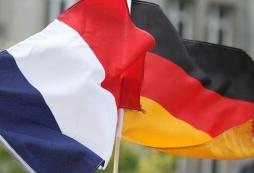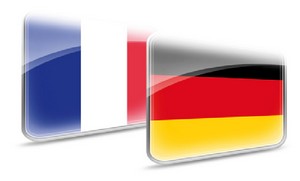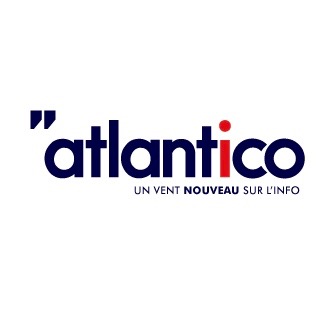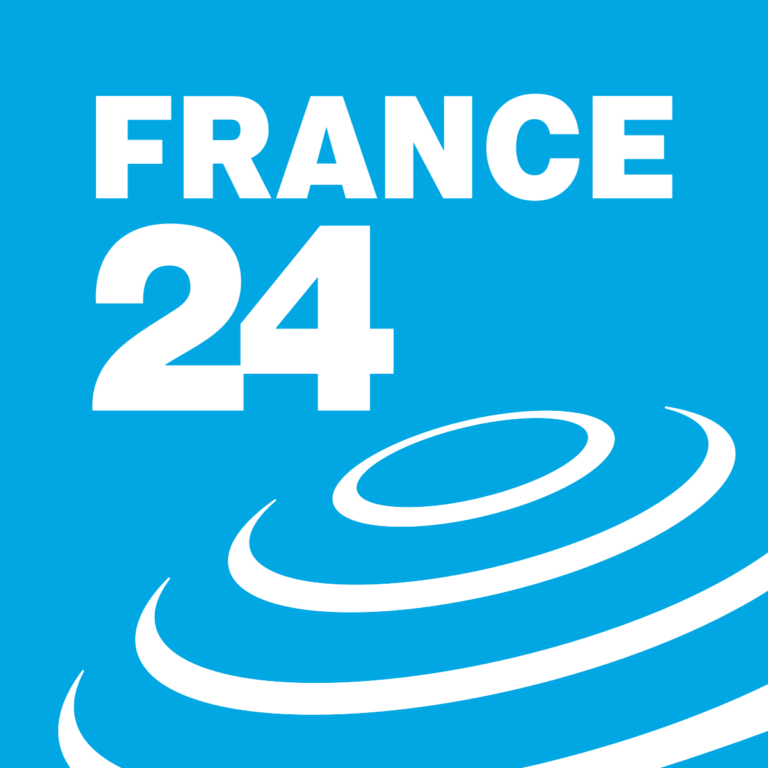Report
The New Institutional Architecture of the European Union: a Franco-German third Way?
The relevance of the Franco-German engine and its capacity to push its partners towards their assent to the bilateral positions are questioned at the very moment of its revival. Rather than a theoretical analysis, we therefore suggest an analytical scheme aimed at shedding some light on the potential dynamics of Europe. Thus we will focus on the likely effects and the future of the related proposals made to the Convention.
Foreword by Jacques
Delors
On 22 January 2003,
France and Germany celebrated the 40th anniversary of the Elysée Treaty,
expressing thereby their strong commitment to revive the co-operation between
the two countries after the elections of 2002. The three preceding months had
been marked by an impressive series of bilateral initiatives. On 24 October
2002, an informal agreement between the two Heads of State allowed the release
of the delicate dossier regarding the financial package for the enlarged Union
until 2006 and opened the door to an early conclusion of the enlargement
negotiations. Then, the two countries deposited four contributions on the
secretariat of the European Convention on the Future of the Union. These
contributions focused on CFSP and ESDP, Justice and Home affairs, economic
governance, and finally the institutional architecture of the European Union.
Lastly, the celebration of the 40th anniversary of the Treaty provided the
occasion for a joint statement, significantly entitled “Franco-German
friendship at the service of a common responsibility for Europe”.
More than 50 years
after the beginnings of European integration, this statement was clearly to
mean that with the years of reconciliation having been accomplished, the
ultimate horizon of a revival of the bilateral relations could be only that of
the political construction of Europe. This involved the conclusion of the
Agenda 2000 dossier in early 1999 as well as the completion of the Treaty of
Nice in 2000.
The two negotiations
clearly left the feeling that Europe had run out of breath, that the heads of
state and government had failed to imagine the challenges ahead, to agree on
some kind of a creative compromise and finally, for some, on the necessary
instruments for assuming collective leadership.
The paradox is that
this revival of the engine of European integration, although somewhat expected
everywhere across Europe, did not contribute to the reuniting of Europe on the
basis of a joint integration project. On the contrary, it seems that the
Franco-German “rélance” – in addition to the Iraq crisis – has mainly
caused a new division between the EU countries concerning the main
institutional and organisational outline of the EU’s system. The very
enthusiasm of the revival of the Paris-Berlin tandem may explain – or justify –
only partly the reactions of rejection. In addition, one can plainly argue that
the negative reception of the Franco-German contributions is as much linked to
deeper factors, such as the transformation of the international system or the
increased heterogeneity of the enlarged Union.
The relevance of the
Franco-German engine and its capacity to push its partners towards their assent
to the bilateral positions are thus questioned – and highly disputed at the
practical level at the very moment of its revival. Rather than a theoretical
analysis, we therefore suggest an analytical scheme aimed at shedding some
light on the potential dynamics of Europe. Thus we will focus on the likely
effects and the future of the related proposals made to the Convention. The
reflection on the contribution to institutional architecture is necessary, for
numerous reasons. First because this proposal affects the most decisive
question for the success of the Convention, that upon which the Nice
psychodrama hinged until the last moments of the negotiations: It directly
concerns the horizon assigned to the revival of Franco-German cooperation.
Secondly, because
this contribution is symptomatic for the tradition of this cooperation: Instead
of imposing a single and unified vision upon the other partners, Franco- German
proposals have traditionally aimed at a synthesis of opposing and extreme
positions on a given theme in relation to EU integration – the federalist
versus the intergovernmental visions – that mirror the assumed field of
reasonable disagreement.
It thus leaves a wide
room of manoeuvre for further and more profound debates regarding the
consistency and the substantial improvement of the proposals. Finally and
probably owing to its rather open character, the contribution as such was
rather welcomed and only moderately criticised by those who perceived the paper
as an “aggressive” or “ignorant”.
SUR LE MÊME THÈME
ON THE SAME THEME
PUBLICATIONS
Newletter february 2023

Germany — France
Differences and similarities

[FR] Moteur d’un changement d’époque ? La France et l’Allemagne dans une Europe en mutation

Aachen Treaty: A Second Look

The future of the Eurozone: cross-perspective from France and Germany

Why Meseberg matters – A short explainer

Now or Never

A European Defence Union: In the name of the people?

Europe, Germany, France: Evolution of Public Opinions

France and Germany: Spearheading a European Security and Defence Union?

#DigitalAmitié: a Franco-German Axis to Drive Digital Growth and Integration

France and Germany in the refugee crisis: united in diversity?

The struggle against islamist terrorism: Franco-German and European responses

Europe must rise to the challenges

Strengthening the European electricity market through improved Franco-German cooperation

20 years “core Europe”

Rebuilding Greater Europe

Enough Sauerkraut and Beer

Germany, France, EU: acting together

Towards a new social contract in Europe. France-Germany economic changes and social models

A View from Outside: the Franco-German couple as seen by their partners

A driving force despite everything, Franco-German relations and the Enlarged European Union

The Franco-German motor facing Agenda 2000

Europe and Franco-German relationship

MÉDIAS
MEDIAS
Finances publiques, multilatéralisme, énergie… Les disputes s’accumulent dans le couple franco-allemand

France – Allemagne : la grande panne ?

Emmanuel Macron en Allemagne : comment relancer le moteur franco-allemand ?










